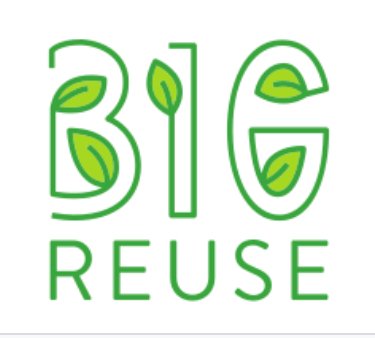Separating out our food scraps is one of the simplest ways to improve our impact on the environment. Its positive effects range from reducing methane emissions in landfills to reintroducing biodiversity into our soil. We love seeing more and more New Yorkers start their composting journey!
In a city where most of us don’t have the space to compost start-to-finish at home, the composting process is a mystery or an afterthought. What happens to those scraps after we bring them to a food scrap drop off, toss them in a curbside bin, or mix them into a backyard pile? We’re here to walk you through the basics.
Composting is the process of recycling food scraps and other organic matter. As these materials break down, they turn into a natural fertilizer that can enrich soil. In nature, decomposition happens without any human intervention; when humans work to manage and speed up the decomposition process, we call it composting.*
When we mix nitrogen-rich food scraps with carbon-rich plant matter, we try to create the perfect environment for decomposers like bacteria to make their home in a compost pile and consume our leftover organic material. As they work, microorganisms generate heat, raising the temperature to over 100 degrees Fahrenheit, which allows a whole new set of heat-loving bacteria to thrive. These bacteria don’t work alone – fungi and insects are key parts of the compost pile’s food web as well.
When their preferred food source is exhausted within the pile, microorganisms and insects die or move on to another compost pile. Each group of decomposers consumes the food scraps, plant matter, and even other decomposers – leaving behind those nutrients in a pre-processed form that is easier for plants to use.
Interested in learning more about the science behind composting? Check out the free Master Composter Certificate Course!
Keep an eye out for a future Curbside Composting Corner where we’ll explore anaerobic digestion, another way to process food scraps at a large scale.
Learn more about the city’s expanding composting programs at nyc.gov/curbsidecomposting.
*Excerpt taken from NYC Master Composter Manual

